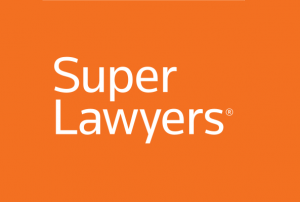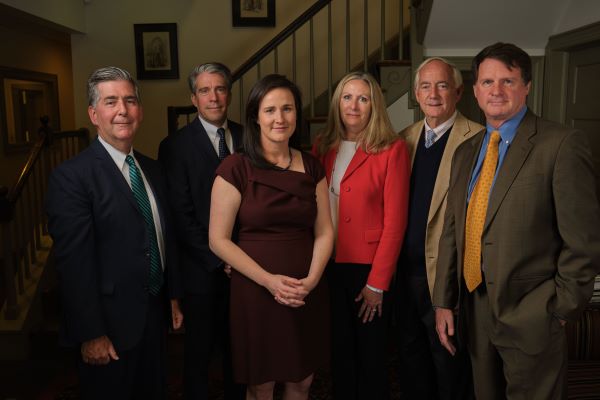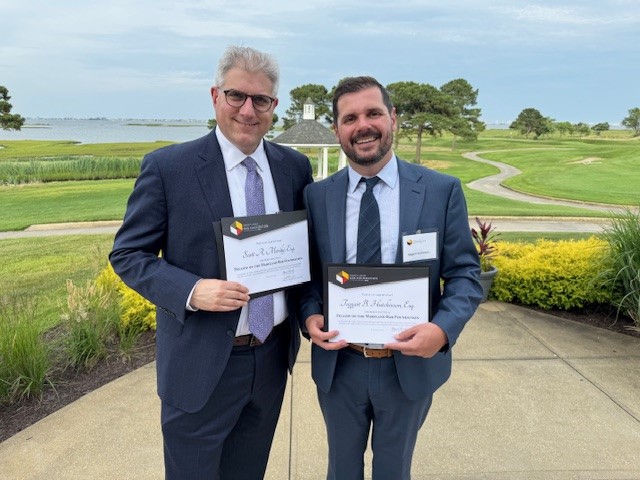Under Maryland law, privately-owned golf courses, whether open to the public or reserved for private membership, may benefit from lower property taxation rates through special agreements with the State. However, there are pitfalls to this arrangement and an owner or subsequent purchaser can lose the privilege and pay enormous “recapture taxes” upon termination of the agreement. This article will briefly review the relevant law and issues to be aware of as an owner or purchaser.
Use Assessment Agreement
In the Tax-Property Article of the Maryland Code, the legislature demonstrates a preference for preserving nature and open spaces. The law contains many provisions that grant favorable property tax status to owners of farmland, marshland, woodlands and property with conservation easements. Golf courses can fall within this category when the owner requests a “use assessment agreement” from the Supervisor of Assessments and the course meets the following requirements:
1. Consists of at least 50 acres of land;
2. Offers a regular (or championship) course of at least nine holes; and
3. Does not restrict membership to members, family and guests.
Similar requirements are in place for private golf clubs with at least 100 dues-paying members.
If the property qualifies, the Supervisor is authorized to enter into a use agreement for at least ten years, which is renewable in increments of at least five years. The Supervisor utilizes a state manual that requires the course to be rated on a quality scale with pre-assigned values. An “AAA” rating is valued at the higher end, while a “D” rating is the lowest. Any improvements on the property, such as clubhouse and cart garage, are valued on a cost approach.
Termination of Use Assessment Agreement and Recapture Taxes
The owner will enjoy a lower taxation rate during the term of the agreement, unless the State terminates the agreement in one of the following situations:
1. The property is conveyed to a new owner.
2. The property ceases to be used as a golf course.
3. The property fails to meet the qualifications for golf course or country club.
A termination has serious financial consequences. Unless the current owner cures the disqualification or a purchaser enters into a new use agreement with the State, the owner (or purchaser) must pay deferred property taxes based on the amount that should have been paid if the property was not subject to preferential treatment. This recapture period extends up to ten years and can cost hundreds of thousands of dollars.
How MM&C Attorneys Can Help
In the past few years, several golf courses have failed in Maryland and been sold by a bankruptcy trustee or court-appointed receiver. In some instances, the purchasers were unaware of the recapture tax and the obligation to make payment. This obligation is not eliminated by a bankruptcy or receivership and the State will still seek to recover the deferred taxes. Our firm has assisted sellers and purchasers in addressing this situation to minimize the tax burden. For example, in Supervisor of Assessments of Montgomery County v. Polinger, the recapture tax was over $800,000 before MM&C successfully challenged the tax based on the State’s failure to properly notify the owner of increases in market value.
Miller, Miller & Canby has been challenging the assessments of various types of properties in Maryland for more than 30 years and has obtained substantial reductions in real property assessments for our clients. We have successfully appealed the assessments on office buildings, retail stores, senior living centers, warehouses, industrial sites, casinos, apartment buildings, golf courses and cemeteries.
Michael Campbell is a partner in the litigation group at Miller, Miller & Canby. His practice focuses on property tax assessment appeals, along with construction and real estate disputes. Please feel free to contact Mr. Campbell at 301.762.5212 or send him an email for property tax guidance. For more information about the firm’s property tax appeals practice and representative cases, click here.








Share this Article: